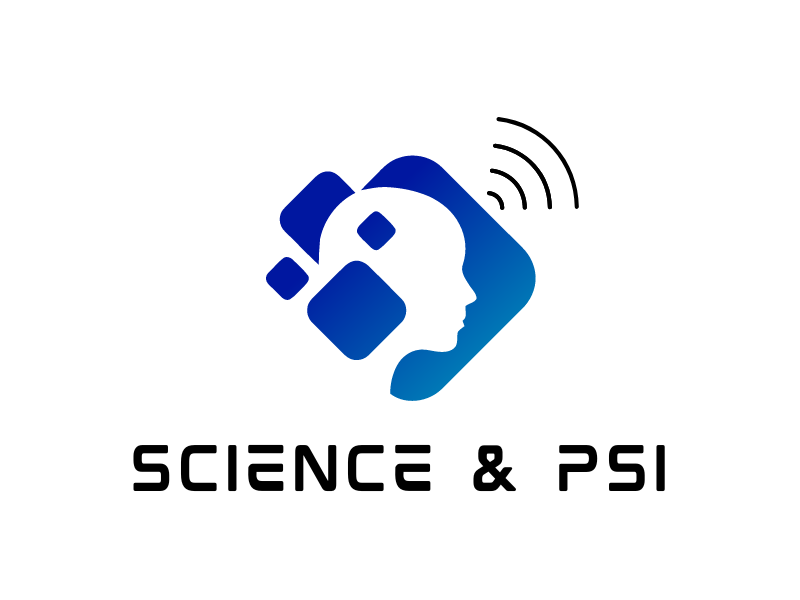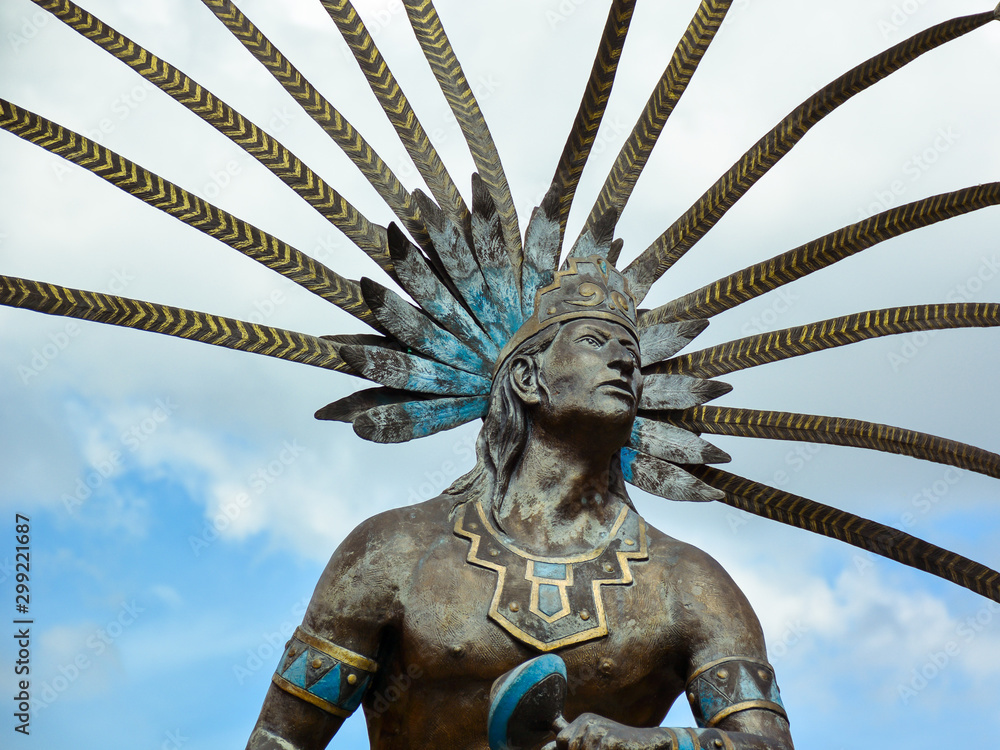Religion is not the primary driver of white supremacy- it’s the purveyors of so-called reason, rationality, and science.
Throughout, white thinkers told us that their cultures were better, that they were the proprietors of thought and reason, and they married this with the notion that they belonged to superior races. These became our realities. The truth is something else.
– Angela Saini | Books by Angela Saini
In Western culture, spirituality is often inaccurately viewed as a symptom of mental illness rather than a contributor to positive well-being. Individuals who seek to connect with their ancestral heritage through spiritual practices are frequently dismissed as indulging in “woo-woo” beliefs or are pathologized by so-called academics. This is no coincidence as psychiatric diagnoses have long been used to suppress resistance and manage colonized populations and their knowledge systems.
The dismissal echoes the attitudes of enlightenment philosophers, who wielded reason, rationality, and science as tools to justify Eurocentric superiority in race, acquiring knowledge, and culture. These enlightenment ideas were deeply entwined with the transatlantic slave trade and colonialism. Enlightenment rationalism emphasized objectivity and empirical evidence, leading to the rejection of indigenous knowledge systems as unscientific or irrational. In the process, valuable local knowledge in medicine, agriculture, and ecology was either dismissed or appropriated by European scientists, contributing to cultural erasure and exploitation. While the Enlightenment period also championed ideas of human rights and equality, these principles were inconsistently applied to non-European societies. Today, some descendants of these legacies continue to uphold these views in academic spaces. Deeming any research into knowledge systems outside of Eurocentric framework to be pseudoscience or inferior.
The legacy of colonialism remains deeply embedded in science, leaving lasting imprints on various fields. In the mental health field, the influence of white supremacy persists, with minorities facing significant barriers. This is especially evident when spiritual experiences or cultural practices are misunderstood or pathologized, leading to distrust and fears of misdiagnosis among marginalized communities. Indigenous worldviews universally acknowledged spirituality as a fundamental aspect of mental health and well-being. However, Western mental health frameworks have systematically downplayed the positive impact of practices like prayer, meditation, somatic rituals, and ceremonies. While other models have appropriated Native culture without acknowledgement of their wisdom such as Maslow Hierarchy This has created a significant divide between Native communities and conventional mental health services. Some mental health professionals are recognizing this injustice and advocating for more inclusive approaches. Notably, Dr. Jennifer Mullen’s work on Decolonizing, along with initiatives like The Wellbeing Project. They aim to promote therapy that embraces diverse cultural perspectives on wellness.
Parapsychologists are a few of the scientists to challenge the pathologizing of diverse spiritual experiences and question eurocentrism models in mental health therapy. Many Indigenous cultures and non-Western spiritual traditions have long practiced shamanic trance, ancestor mediumship, and intuitive healing, as a way of life. Which often involve experiences such as hearing voices, psychic insight, or perceiving spiritual entities. In Western mental health, these characteristics are typically pathologized as symptoms of psychosis or dissociative disorders. By studying these phenomenon, parapsychology research has questioned whether such pathologizing is always appropriate . In Assessment of the data they have supported mental health models that respect individual narratives and spiritual frameworks. In effort for more accurate diagnoses and treatments. One that supports collaboration between mental health professionals and practitioners of spiritual or alternative healing methods. One institute that has come from that data is the Emergent Phenomenology Research Consortium, which fosters research and education on spiritual experiences for mental health therapy.
The field of parapsychology continues to support decolonizing science and mental health therapy as well as ensuring their work is better inclusive of the communities it seeks to serve. In efforts to incorporate Indigenous philosophies and knowledge systems into scientific discourse, the parapsychology field has faced significant opposition from colleagues and the broader scientific community. This resistance includes reduced research funding, dismissal of work opportunities in other scientific fields, and a refusal of other scientists to collaborate on their research. A striking example of such bias in the past occurred with physicist David Peat who was disinvited from a workshop on the Foundations of Physics. The organizers withdrew his invitation, stating, “It has come to my attention that you are the author of books on Jungian synchronicity and quantum physics, and on connections between Native American Indian thought and modern physics… in my view, it is not appropriate for an author of such books to attend a scientific conference.” This incident underscores the persistent difficulties faced by those aiming to connect Indigenous perspectives with mainstream science. The intersection of mental health care and science’s reluctance to embrace diversity often drives minorities away from a scientific field that seems to prioritize the interests of the privileged. This pattern has been repeatedly observed within the institution. The rhetoric of progressive equality and diversity frequently comes across as tokenism, revealing a lack of openness to the structural changes essential for fostering true inclusion and equity.
While some scientists are actively working to decolonize science and address its troubling historical legacy, as seen in works like Decolonizing Light: Tracing and Countering Colonialism in Contemporary Physics, others prefer to uphold a narrative shaped predominantly by Western and colonial perspectives. Notably, some of the most vocal critics of parapsychology today align with Enlightenment thinkers, often reflecting a skeptical stance toward diversity.
Organizations such as the Center for Inquiry have faced scrutiny for their silent neutral position on the pseudoscience of race science. Prominent figures associated with this organization, including Richard Dawkins and Sam Harris, have expressed support for Charles Murray and his controversial views on race. Critics argue that this alignment raises concerns about the organization’s understanding of broader societal issues, including systemic racism and its implications for scientific discourse.
To advance collectively toward a deeper understanding, it’s essential for each of us to reflect on ourselves and be mindful of our consumer choices. We must support science communicators who champion diversity of thought and foster curiosity, encouraging open inquiry and research rather than stifling it. These advocates play a critical role in expanding our knowledge, and backing them is key to ensuring progress.
A Path to Healing: Decolonizing Minds
We rise from roots long hidden deep,
Where stories of ancestors softly sleep.
Their whispers echo, loud and strong,
In dreams where we all truly belong.
Our minds, like land, have felt the weight,
Of chains and borders that separate.
But healing comes with every breath,
As we reclaim what’s been repressed.
No longer will our spirits break,
In systems built on what they take.
We call on wisdom, old and wise,
To clear the clouds and open skies.
With every step, we heal the past,
And find ourselves in love at last.
Decolonized, our hearts are free,
To build a future yet to be.
Where mind and soul in union stand,
Together strong, we heal the land.









